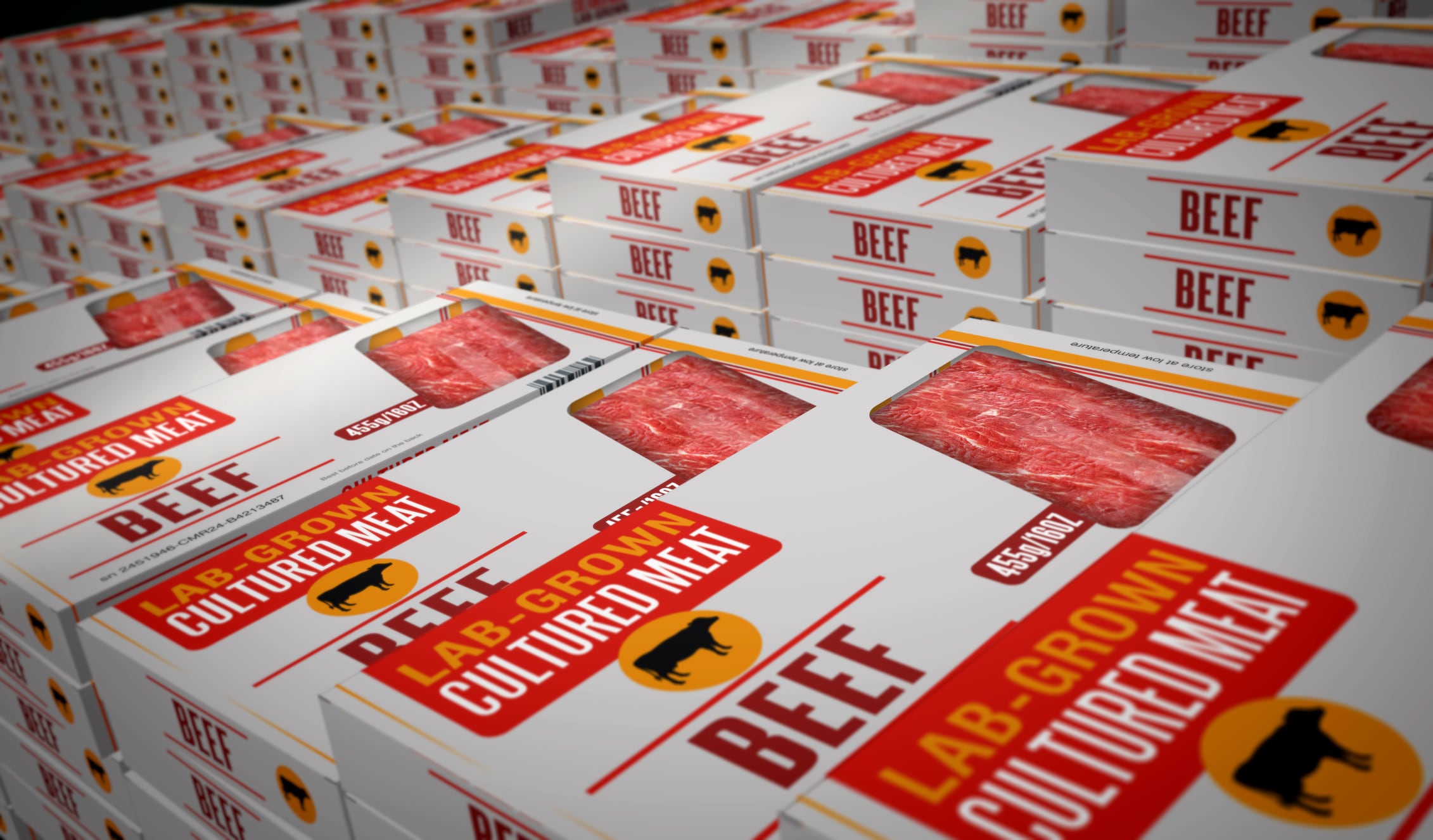The FAO and WHO preferred to use “cell-based food” term in its recent report into the category.
It claimed that a literature review conducted elicited that the “cell-based food” term was “less confusing, conveniently overarching and generally well-accepted by consumers”, and accurately reflects the science of the product.
It added why other terms were not used: “The terms “cultured” and “cultivated” can be confusing as they are often used in the aquaculture sector to indicate farmed fish and fisheries. The term “cellular agriculture” can be considered too general as it may include the topic of plant cell culturing or fermentation.”
In the regional camp, the APAC Cellular Society for Agriculture (APAC-SCA) and Good Food Institute (GFI-APAC) reached a consensus on “cultivated meat” via an MOU signed in October 2022, involving over 30 food companies in the region.
“We understand that there might be variations in translation from country to country or across different languages – but generally, supportive to adoption of ‘Cultivated’ as a whole,” APAC-SCA programme manager, Peter Yu, told FoodNavigator-Asia.
The MOU expounded on the “cultivated meat” term being the “most effective at fostering consistently positive responses from consumers. Importantly, it is also a scientifically accurate term that clearly distinguishes foods that are cultivated from animal cells from other existing products in the marketplace.”
Industry opinion
FoodNavigator-Asia spoke to two other cultivated food start-ups – Avant Meats in Hong Kong and TissenBioFarm in South Korea to get the industry’s opinion on preferred terms.
Avant Meats’ CEO, Carrie Chan, said: “We support “Cultivated”. The critique for “cell-based” includes it not being appetising, and conventional meats are also comprised of cells. “Cultured” can be confused with fermented foods.
TissenBioFarm's chief strategy officer, Yeonjoo La, said that it is adopting the term set by the MOU: “We used to use cultured meat because in my opinion, it was easier to understand what it means and easier to pronounce too. When I did some consumer research, the top two candidates were cultivated meat and cultured meat.
“We did not have a [strong] preference between both, so we were okay to follow GFI’s guidance as they are actively working to advance the industry and they work a lot with other cultivated meat players and government agencies. we could support them in that way.”
Factors driving convergence in definition
Despite differing opinions, both global and regional parties acknowledged a convergence or international harmonization for the cultivated meat term, citing reasons related to research progress and consumer education.
The FAO and WHO report stated: “[Technical Panel] experts have suggested to have good studies before considering international harmonization of the terminology.
“Adoption and consistent use of consistent nomenclature across commodities/ species and used by all stakeholders can help consumers better understand the products and processes and can create a common search term that may be used to find more information about them.”
“It would not be surprising if a convergence appears in the future on at least a few terms, based on trends such as global coordination and alignment (e.g., regional MOU), alongside the understanding on the importance of convergence, and academia and other institutions conducting surveys [on the accepted term],” Yu said.
Cultural challenge to harmonisation
Cultural variations to the term may complicate the process of reaching an international harmonization of terminology.
“The use of the term “meat” to refer to a cell-based food product might not be acceptable in all regions. Calling the product “meat” may also complicate halal or kosher labelling, as the religious status of this new product might depend mostly on its production methods (e.g., cell sourcing, other inputs).
“Other stakeholders, such as some conventional meat producers, may also object to using the term “meat” in connection with cell-based food. Hybrid products, which include plant-based or other ingredients in varying percentages, also complicate using the term “meat”, and in fact some countries already do not allow using this term for them,” the FAO and WHO report stated.

